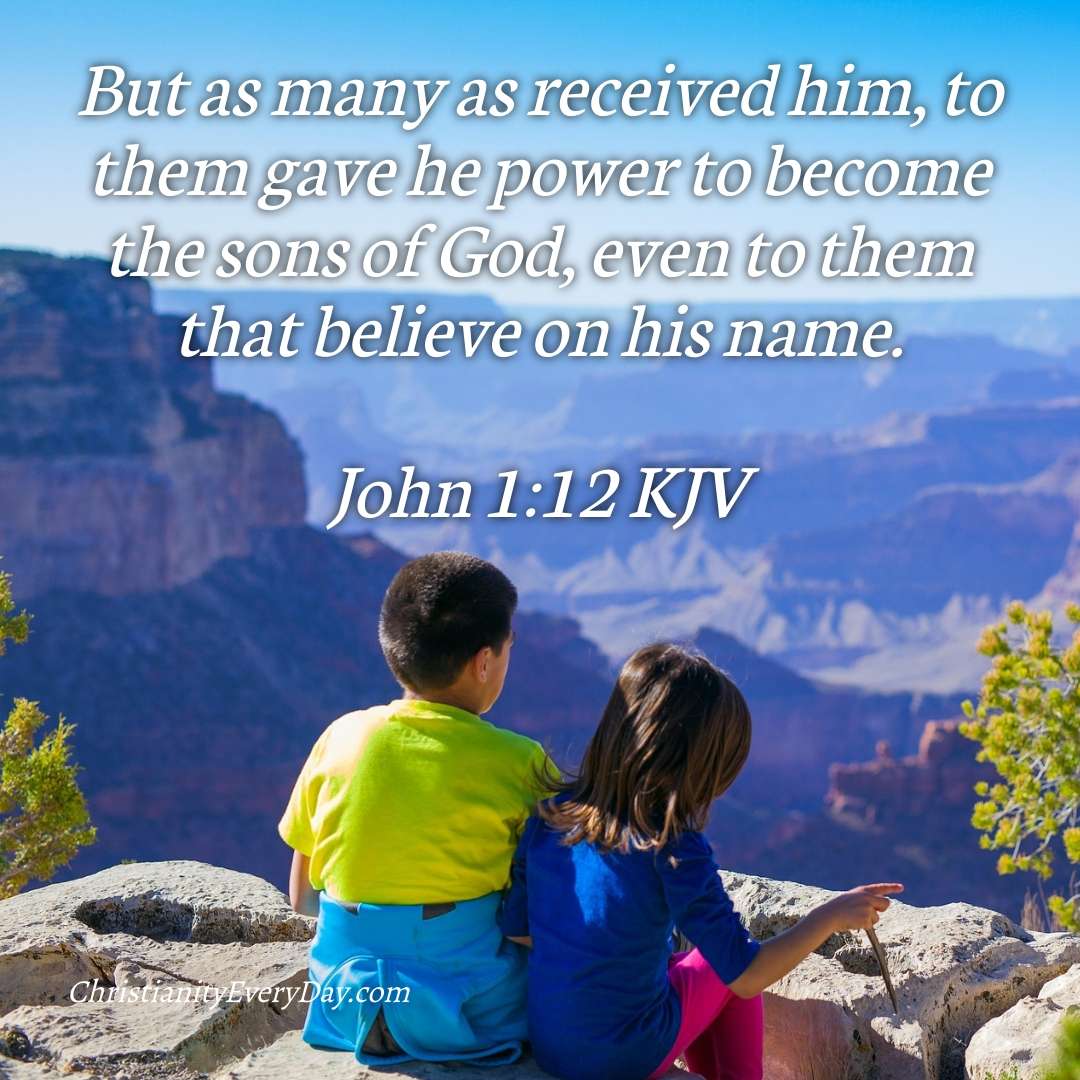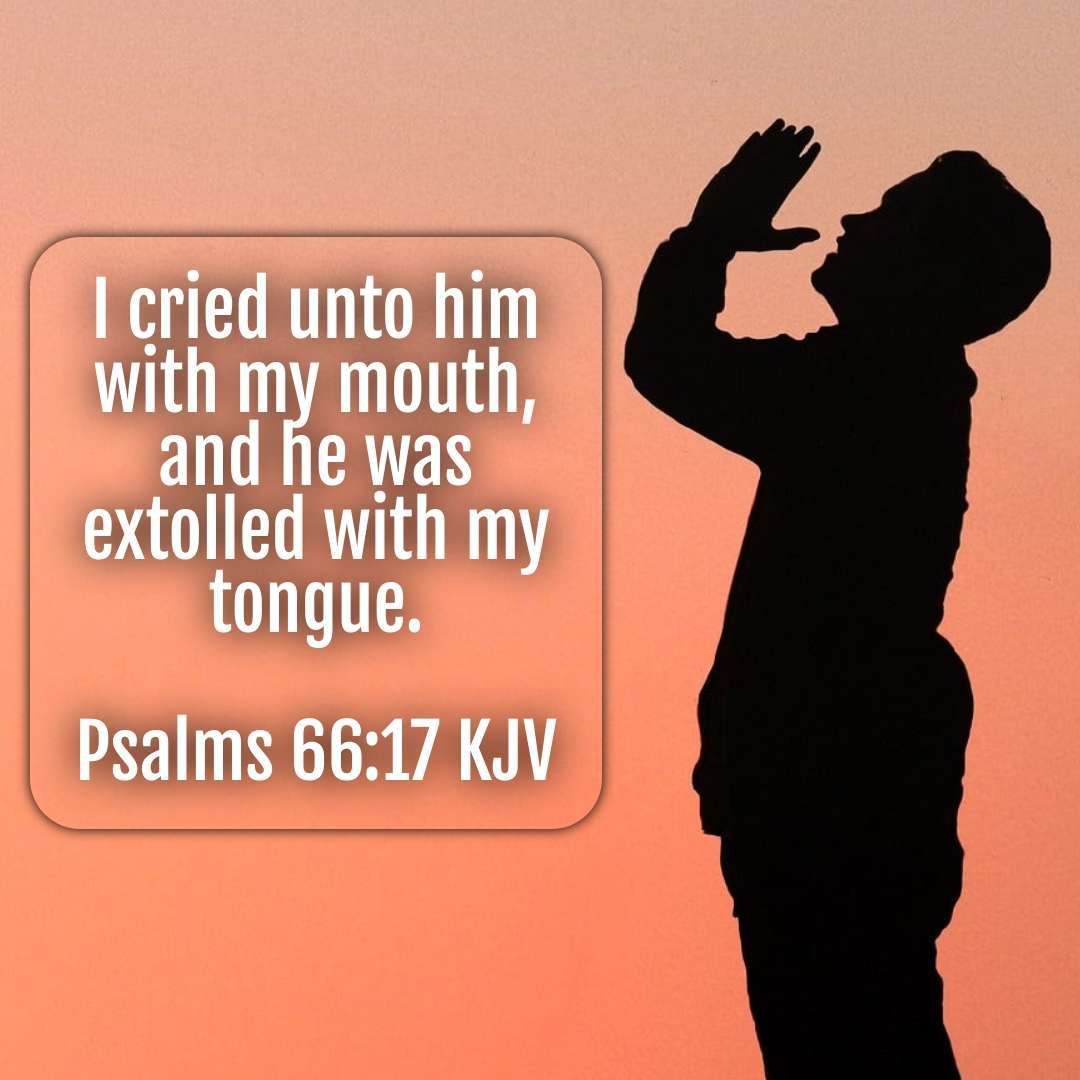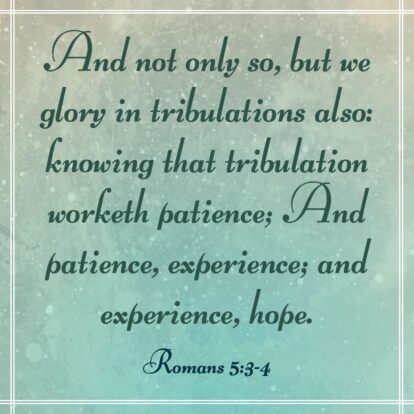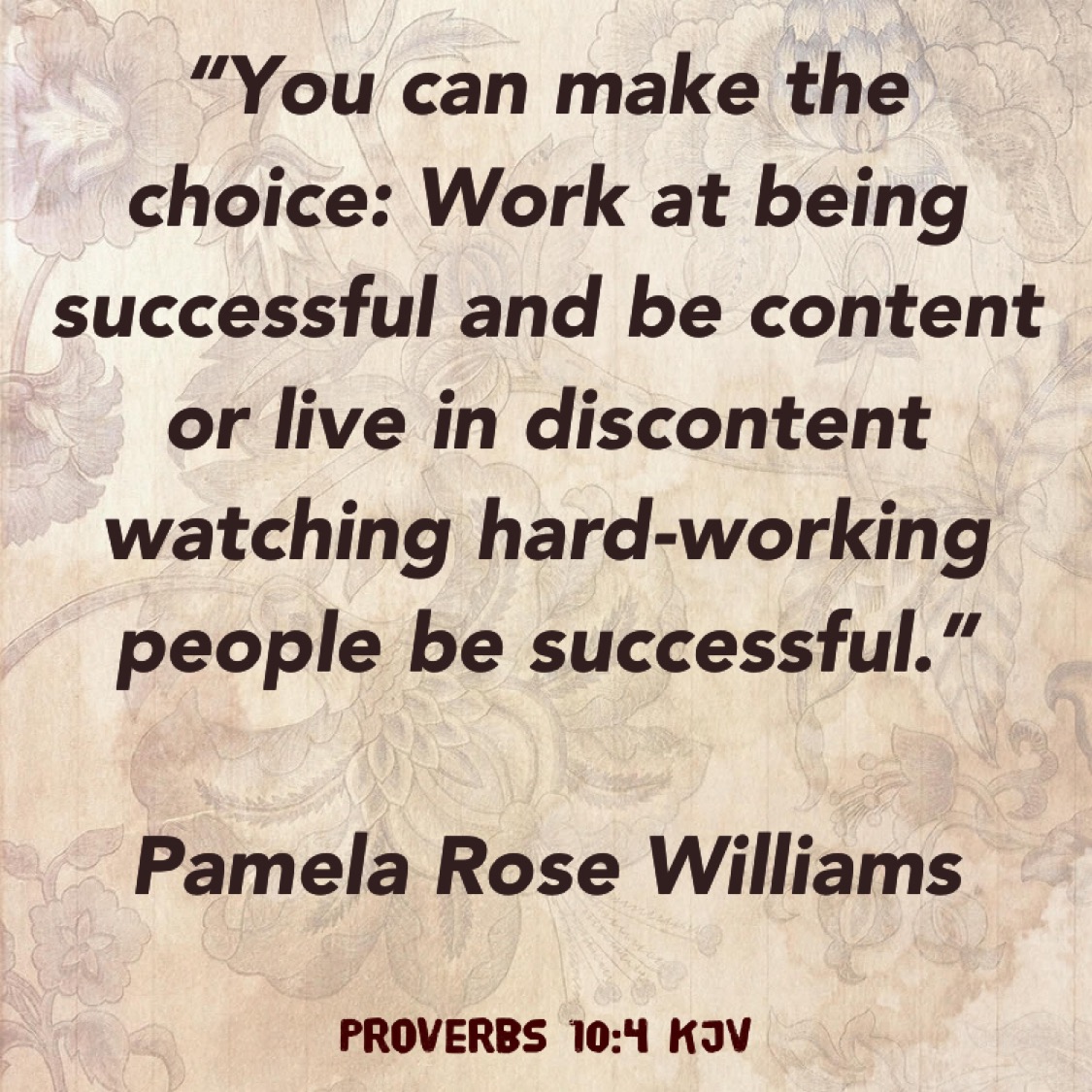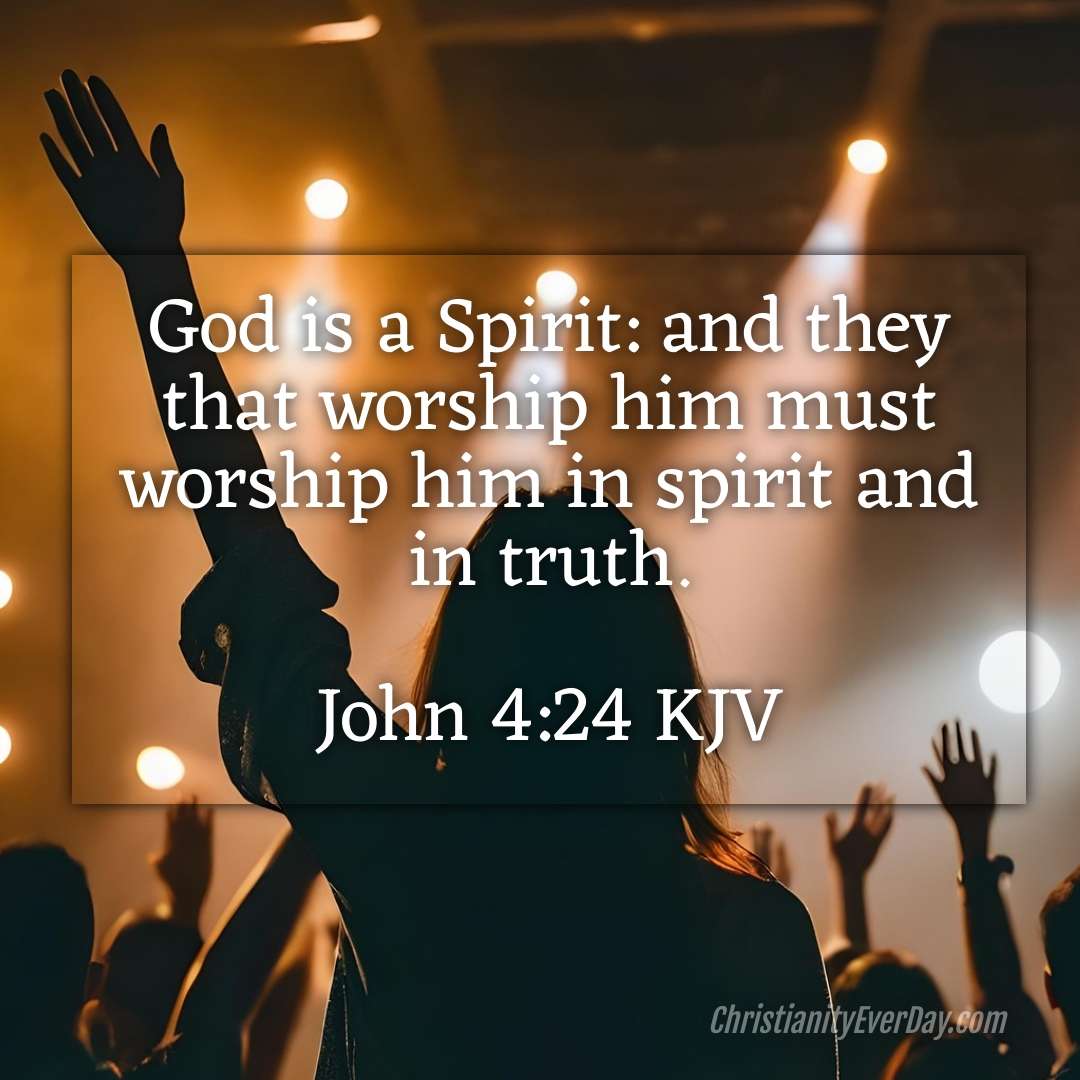How can I use the Word of God to positively change my life?
Sometimes people who claim not to believe in God will ask me if I have ever seen God. I reply to them that I have not seen God, but I have seen evidence of God. Incredibly, they will ask something like, how can you see the evidence of something that does not exist? I tell them the same way that if you jump off the roof of a building, you will see painful evidence that gravity exists. So then how can we know that using the Word of God will positively change our lives?
What is the evidence God can positively change lives?
When having the gravity discussion, those doubting the existence of God, will quickly reply that of course gravity exists. I will then ask them, how they know it exists if you cannot see it or touch it or even know it exists except for the evidence that it exists? They may try to give scientific explanations but have no direct way to prove it other than the measurable “effects” of gravity.
In our current state of life, it is the same way with God, we cannot see Him or touch Him in our human state, but we can see the evidence of Him in creation and the lives that are changed by Him. For example, I have had addicts come to me for Christ-centered counseling that have battled addictions for decades. They have been convinced that their addiction is a disease that is incurable and that they just have to learn some man-made coping mechanisms to successfully deal with it. However, when I show them several passages from the Bible that teach how God can protect our minds from the desire to get drunk or high, most get real interested and commit to meet for several weeks to learn more.
Changing lives works best when practical application of God’s Word is used
When practically applying God’s Word is used, it works best if it involves a need to immediately address a situation. Jesus gave us an example of this as follows:
John 8:1-11. “Jesus went unto the mount of Olives. 2 And early in the morning he came again into the temple, and all the people came unto him; and he sat down, and taught them. 3 And the scribes and Pharisees brought unto him a woman taken in adultery; and when they had set her in the midst, 4 They say unto him, Master, this woman was taken in adultery, in the very act. 5 Now Moses in the law commanded us, that such should be stoned: but what sayest thou? 6 This they said, tempting him, that they might have to accuse him. But Jesus stooped down, and with his finger wrote on the ground, as though he heard them not. 7 So when they continued asking him, he lifted up himself, and said unto them, He that is without sin among you, let him first cast a stone at her. 8 And again he stooped down, and wrote on the ground. 9 And they which heard it, being convicted by their own conscience, went out one by one, beginning at the eldest, even unto the last: and Jesus was left alone, and the woman standing in the midst. 10 When Jesus had lifted up himself, and saw none but the woman, he said unto her, Woman, where are those thine accusers? hath no man condemned thee? 11 She said, No man, Lord. And Jesus said unto her, Neither do I condemn thee: go, and sin no more.”
We see here that Jesus encountered a woman that was caught in the act of adultery. She was dragged out by an angry mob of Scribes and Pharisees to where He was teaching. She was deliberately made to be the center of attention in her persecution as they challenged Jesus. In the first five verses above, we see they wanted to know what He would say to do about this situation.
Practically speaking, she was in desperate need to be delivered from what was an extremely dangerous situation because, as they mentioned, the penalty in the Law for her adultery was stoning to death. However, starting in verse six, Jesus knew what they were up to and instead of immediately reacting, He calmly stooped down to draw in the dirt while patiently considering the situation. As the crowd kept insisting that He answer them, He stood up and instructed them what they should do and stooped back down again in verses seven and eight. Realizing that following His direction would expose each one of them and their imperfections, in verse nine, one by one, each person in the angry crowd left.
When they were gone, Jesus then asked the woman where her accusers were and if any man condemned her, to which she replied, “No man, Lord.” He then made a monumental statement by saying to her, “Neither do I condemn thee…” We can only imagine how her mind must have been racing and overwhelmed by emotion with the realization that He had just saved her, and did not condemn her. Yet, in that moment, we can also imagine the astonishment she must have had when hearing Him end the conversation with the words, “Go, and sin no more.”
What was her motivation to change her life?
With these words, it would not be a stretch to think that she probably experienced a moment when she had to think about what she had just heard. With His simple command, her unspeakable joy must have been overflowing in thinking how He had just saved her life. We can also expect that what just happened changed her heart and motivated her not to continue to live in the way she had in the past. This motivation would also inspire her to begin thinking what she could do to live in righteous ways that pleased Him and God. With His Words at end of this account, we see that Jesus also showed everyone there that He did not come to condemn her, but instead to save her from the horrific penalty of her sin.
How does this situation apply to changes in my life?
It is the same with us, we are already condemned by the law, but Jesus came not to condemn us, but to save us. We see this in John 3:16-18 as follows:
John 3:16–18. “For God so loved the world, that he gave his only begotten Son, that whosoever believeth in him should not perish, but have everlasting life. 17 For God sent not his Son into the world to condemn the world; but that the world through him might be saved. 18 He that believeth on him is not condemned: but he that believeth not is condemned already, because he hath not believed in the name of the only begotten Son of God.”
Like this woman, we were already condemned. However, if we believe the Bible are His words (John 1:1,14), then when He died on the cross, He also saved us from death, and we are no longer condemned to die and go to Hell. Instead, we have everlasting life with Him, and it is this motivation that drives us to want to live a different life.
This is different from the average person that decides on their own to stop doing the things they have been doing wrong and to start living differently in an attempt to “turn over a new leaf.” This is also different from when an addict decides to stop using whatever it is to get drunk or high. This is also different from when a person that is abusive to others decides to stop being abusive. Likewise, this is different from when someone, like this woman (or a man), decides they will stop sleeping around. How is it different?
How is this a different way to make positive change in my life?
Making change without it being done because of a sincere love and appreciation for what Christ has done for them is based on a different motivation. This different motivation does not have the same perfect and Holy Spirit empowered motivation to change them and successfully overcome ALL things that adversely impact them. This is not saying that some people are not successful in making changes in their life. But their desire to change is based on different earthly temporal reasons out of their own strength. They are also not as powerful, nor have the ability to change any eternal consequences. Whereas the believer that has trusted Christ can do all things through the motivation and power of their love for Christ as follows:
1 John 4:19. “We love Him because He first loved us.”
Philippians 4:13. “I can do all things through Christ which strengtheneth me.”
How do I get started in making positive change in my life?
Confirmation of salvation in Christ needs to be made
The first thing that needs to happen is that anyone needing change must want the change based on a love and desire to please Christ. As mentioned previously, when people come for Christ-centered counseling, they need to know the love of Christ and trust that He will save them. To learn more about salvation in Christ and/or to reinforce what it involves, read about it in our Got Jesus page:
Once there is an assurance of salvation in Christ, we can then have peace with God through the power of the Holy Ghost (Spirit). The Holy Spirit comes to live inside us at the moment we trust Christ as our Savior and seals us until the day of redemption, which is the day we stand perfect in Heaven before God. It is the Holy Spirit then Who empowers us by faith to walk our first steps in newness of life:
Ephesians 4:30. “And grieve not the holy Spirit of God, whereby ye are sealed unto the day of redemption.”
Romans 5:1–5. “Therefore being justified by faith, we have peace with God through our Lord Jesus Christ: 2 By whom also we have access by faith into this grace wherein we stand, and rejoice in hope of the glory of God. 3 And not only so, but we glory in tribulations also: knowing that tribulation worketh patience; 4 And patience, experience; and experience, hope: 5 And hope maketh not ashamed; because the love of God is shed abroad in our hearts by the Holy Ghost which is given unto us.”
Someone Biblically grounded should be involved to help and teach us
From here, it helps to have someone to help that is very Biblically grounded in the truth and application of Scriptures to our struggles. Time must be spent in the Bible so that changes continue in our heart that empower us to live a new life in new ways and trust is formed. This also creates an environment where talking about daily challenges can be done without worrying that those problems are going to be used to condemn us.
As more time is spent together and we realize that someone cares enough to help, we grow more willing to see what the Bible says about our situation and other aspects of our life. Sharing can be done of applicable Scriptures that teach us and enable us to have victory over our life issues as follows:
Philippians 4:4–12. “Rejoice in the Lord alway: and again I say, Rejoice. 5 Let your moderation be known unto all men. The Lord is at hand. 6 Be careful for nothing; but in every thing by prayer and supplication with thanksgiving let your requests be made known unto God. 7 And the peace of God, which passeth all understanding, shall keep your hearts and minds through Christ Jesus. 8 Finally, brethren, whatsoever things are true, whatsoever things are honest, whatsoever things are just, whatsoever things are pure, whatsoever things are lovely, whatsoever things are of good report; if there be any virtue, and if there be any praise, think on these things. 9 Those things, which ye have both learned, and received, and heard, and seen in me, do: and the God of peace shall be with you. 10 But I rejoiced in the Lord greatly, that now at the last your care of me hath flourished again; wherein ye were also careful, but ye lacked opportunity. 11 Not that I speak in respect of want: for I have learned, in whatsoever state I am, therewith to be content. 12 I know both how to be abased, and I know how to abound: every where and in all things I am instructed both to be full and to be hungry, both to abound and to suffer need.”
James 1:2–8. “My brethren, count it all joy when ye fall into divers temptations; 3 Knowing this, that the trying of your faith worketh patience. 4 But let patience have her perfect work, that ye may be perfect and entire, wanting nothing. 5 If any of you lack wisdom, let him ask of God, that giveth to all men liberally, and upbraideth not; and it shall be given him. 6 But let him ask in faith, nothing wavering. For he that wavereth is like a wave of the sea driven with the wind and tossed. 7 For let not that man think that he shall receive any thing of the Lord. 8 A double minded man is unstable in all his ways.”
New habits of Bible study must be learned and made part of our daily life
Finally, to help us plug into the power of how the Word of God can change our life, basic Bible study techniques are needed to be taught. Starting to read the Bible each day is important and encouraged. One way to do this is to read a chapter of Proverbs for each day of the month. For example, if it is the fifth of the month, read the fifth chapter of Proverbs. If there are less than 31 days in the month, read any remaining chapters on the last day of the month. At the same time, write down in a notebook or journal any verses that speak to us that day or “jump out” when a connection is made to something that is currently being experienced. This reinforces the application of Scriptures to our daily life in consistent ways that really reinforce the idea that the Bible is not just some religious book, it is a book of life, written by God for us.
Some people will even write down these “jump verses” on a small note card and tape it in a location that they can see all day. There are even some police officers that do these daily Proverbs devotionals and will share these verses with those that are struggling with life issues that they encounter during their shifts.
With time, we will start seeing positive changes in our desires and the things we do. We will also see less desire to do the harmful things that we did in the past. In the case of addicts, many report that the very idea of getting high or drunk sickens them because they have come to love God so much for what He did to save them and change their life through His Word, the Bible.
As we see more and more things changing in our life because of what we are reading, it inspires us to want to learn even more. We will also experience times of excitement when we are in a situation and all of a sudden, the Holy Spirit pops one of these verses into our mind that we studied that speaks directly to what is happening at that moment. That is the evidence that God is making positive changes in our life.
For more on how to learn even more about the Bible, check out our free 8-week How to Study the Bible Video Course and our free 12-week Biblical Discipleship Foundations Audio Course:
Final Thoughts
When we experience Godly changes in our life it becomes the evidence in our life that God is real, and no person can ever convince us that the God is not real. They also confirm to us that God is more real and more powerful than gravity. Finally, it confirms to us that our faith is the substance of all the things we hope for, and the evidence of things unbelievers cannot see:
Hebrews 11:1. “Now faith is the substance of things hoped for, the evidence of things not seen.”
May God bless us in our journey through life being changed by God!
To learn more about Spiritual maturity and the Holy Spirit, check out these articles:

Dr. Michael L. Williams, Head of Ministry Operations and Technology at Christianity Every Day, is a Christ-centered Author, Educator, Biblical Counselor and Advisor. He is ordained in Pastoral Ministry and formerly the founding Pastor of Selah Mountain Ministries, a church started along with his wife, Pamela Rose, after several years of pastoral experience and training in Biblical Counseling. Selah Mountain provided Biblical counseling and education to the public on how to overcome life issues Biblically on topics such as anger management, marriage, addictions, and other subjects – often referred to as mental illnesses. To learn more about Dr. Mike visit the About page.














